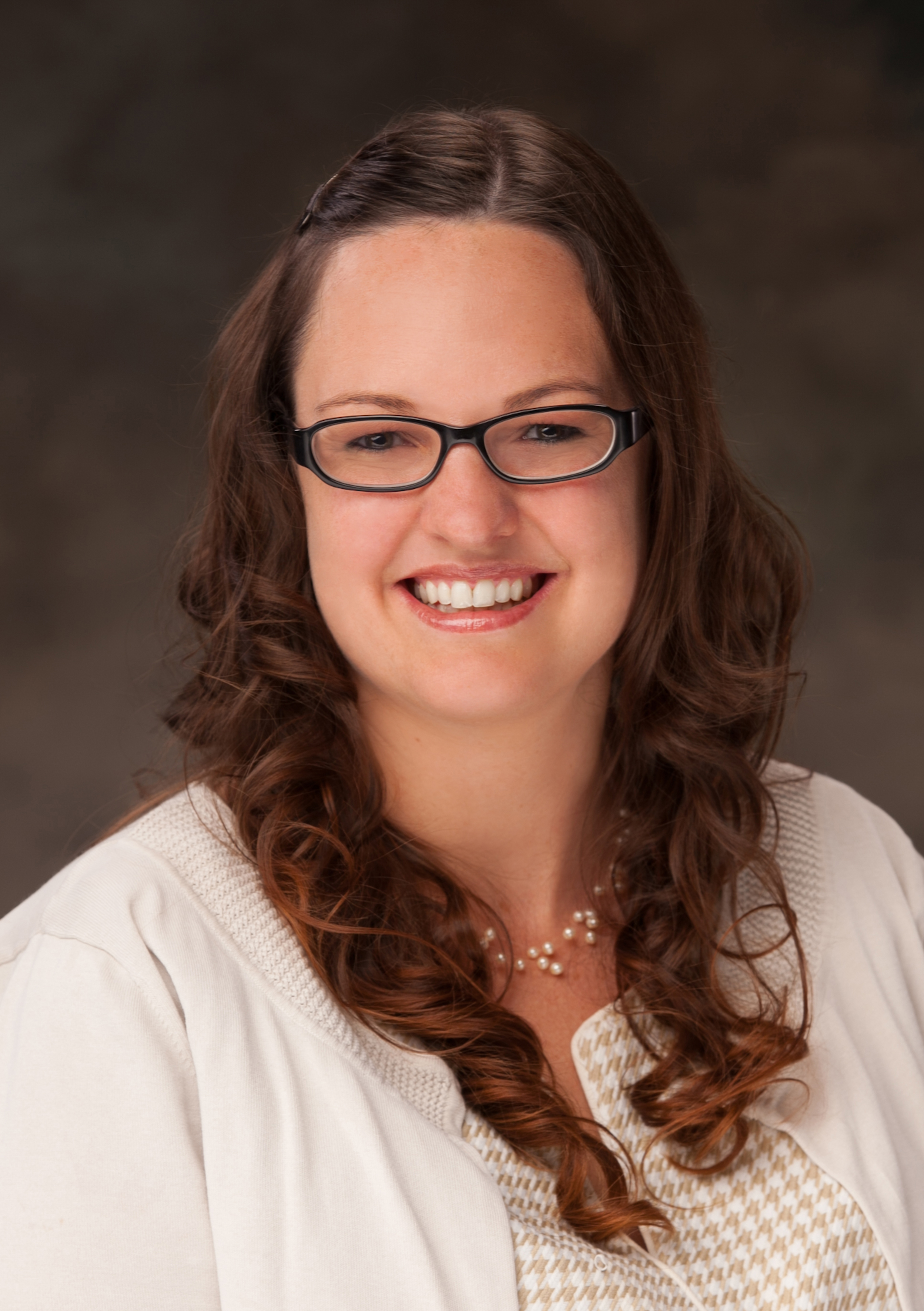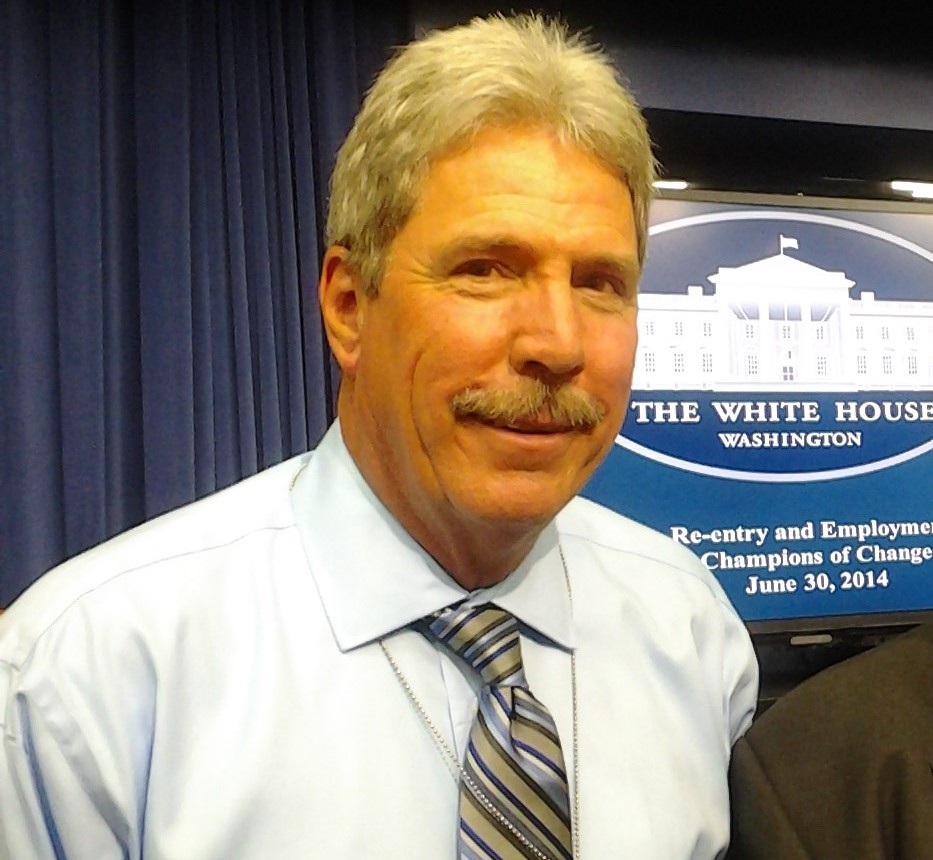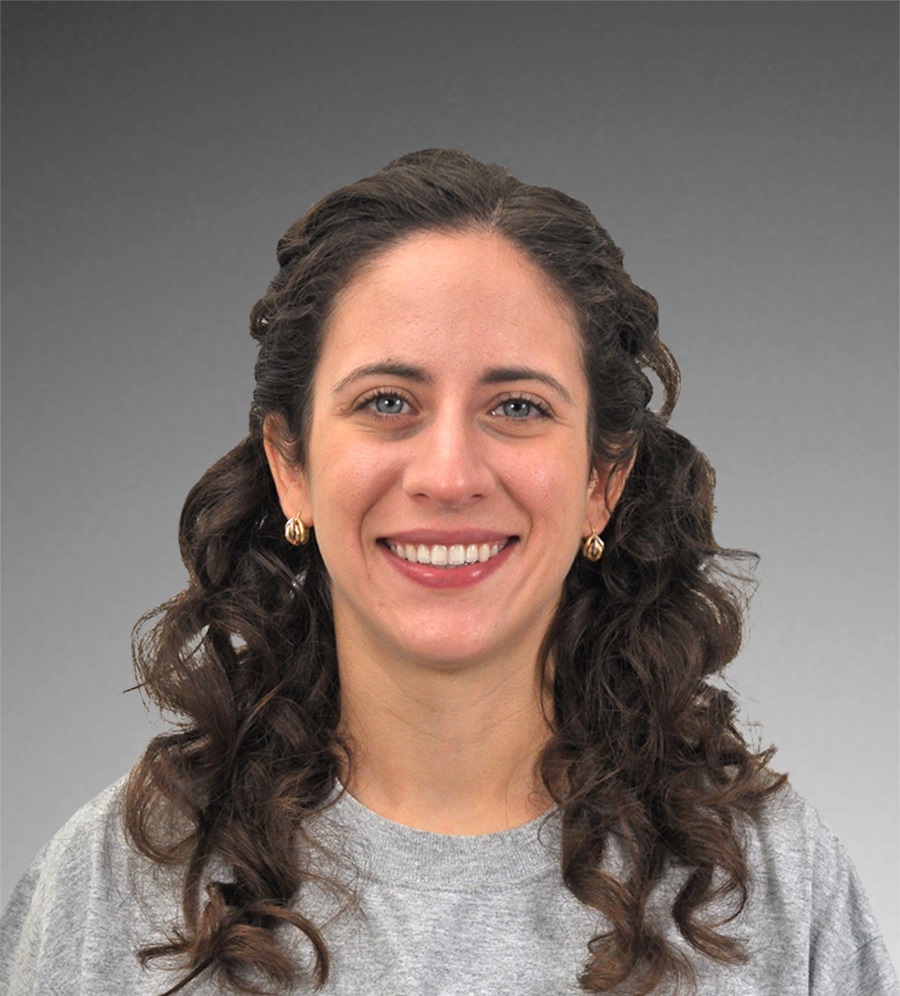Swopes, Rachael, PhD
Rachael M. Swopes is a licensed clinical psychologist. She earned a doctorate in clinical psychology from the University of Tulsa, Oklahoma. Dr. Swopes completed a child clinical psychology internship at Duke University Medical Center, Durham, N.C., and a psychology residency at Behavioral Healthcare of Rural Missouri, Inc., Stockton. Dr. Swopes specializes in applying evidence-based practice to the treatment of childhood trauma and behavior disorders. She has advanced training in Trauma-Focused Cognitive-Behavioral Therapy (TF-CBT) and is a certified therapist for Parent-Child Interaction Therapy (PCIT). Other areas of specialty include childhood traumatic grief, post-traumatic stress disorder (PTSD), cognitive restructuring for trauma exposed adults, assessment and treatment of attention-deficit hyperactivity disorder (ADHD) and behavior disorders, sleep management therapy for sleep disorders and trauma, developmental and IQ testing, and risk assessments (such as suicide and cutting). Dr. Swopes is currently in full time practice at CMH Pediatric Clinic in Bolivar, Missouri.
Presentation(s):
Applications of CBT with Kids: Basic Strategies for Making the Move to Child Therapy





